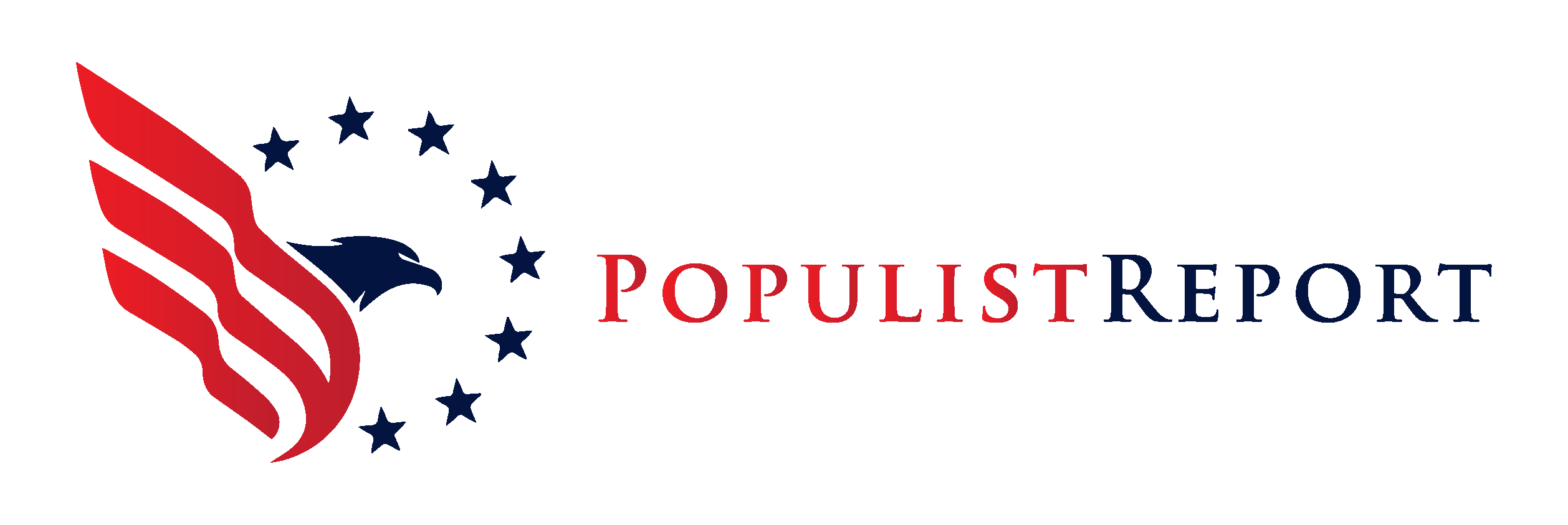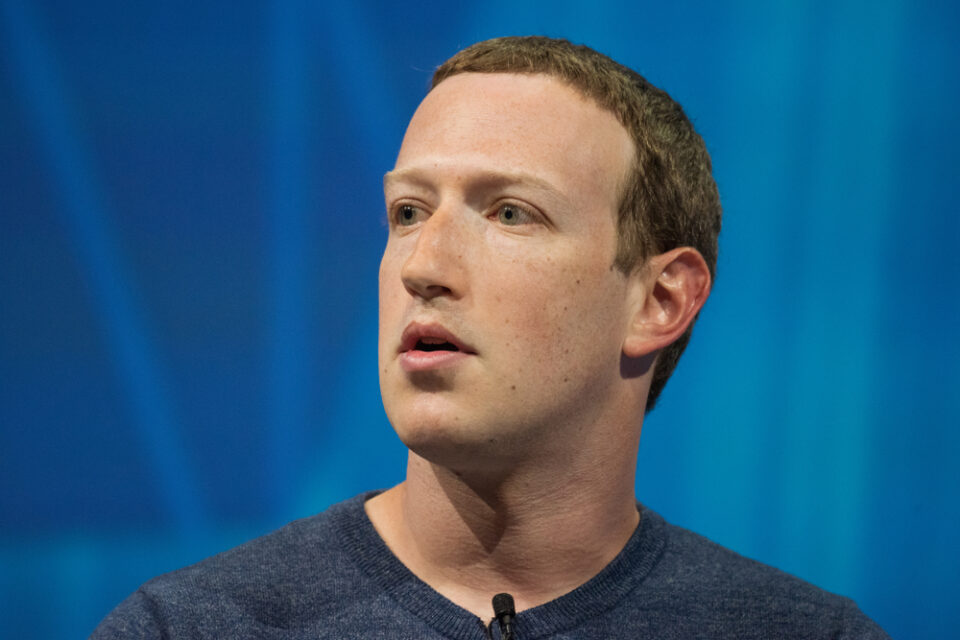Meta, the parent company of Facebook, Instagram, and Threads, is making a dramatic shift in its approach to content moderation. CEO Mark Zuckerberg announced plans to replace the platform’s controversial fact-checking program with a system similar to X’s (formerly Twitter) community notes. The decision, tied to the looming 2024 election, reflects Zuckerberg’s view that this election represents a “cultural tipping point.” After years of facing backlash over censorship accusations, Meta appears to be signaling a pivot toward what it describes as free expression. But let’s not pretend this is all about principle—it’s as much about optics as anything else.
Zuckerberg didn’t mince words when criticizing the current trend of tech companies ramping up censorship under the guise of combating misinformation. He acknowledged that past efforts to police content had led to increasing public mistrust and a host of controversies over who decides what counts as “truth.” His promise to “get back to our roots” by simplifying policies and focusing on free speech sounds refreshing, but skeptics might wonder if this change is more about damage control than genuine reform.
At the heart of the new approach is the introduction of a community notes feature, modeled after the one used by X. This system allows users to tag posts with additional context, linking to relevant sources to clarify or challenge information. While this shift theoretically decentralizes content moderation, handing some power back to the users, it also conveniently shifts accountability away from Meta itself. If things go south, Meta can point to the crowd-sourced nature of the system as an explanation for any missteps.
This move comes after years of criticism aimed at Facebook and its associated platforms for their heavy-handed fact-checking efforts, which many argued were biased and inconsistent. The 2024 election only amplifies the stakes, with public trust in social media platforms hanging by a thread. By adopting a system that leans on community involvement, Meta is attempting to position itself as a champion of free expression while sidestepping the responsibility of being an arbiter of truth. Cynics might say it’s a clever PR move designed to quiet critics from both sides of the political aisle.
Whether this approach will work remains to be seen. While some hail the change as a victory for free speech, others worry it could lead to the spread of even more misinformation, given the crowd-sourced nature of community notes. For now, Zuckerberg’s announcement signals an acknowledgment that the old fact-checking model wasn’t cutting it. The real question is whether this new system will genuinely promote transparency and dialogue or simply serve as a convenient way for Meta to wash its hands of the content moderation debate altogether.

